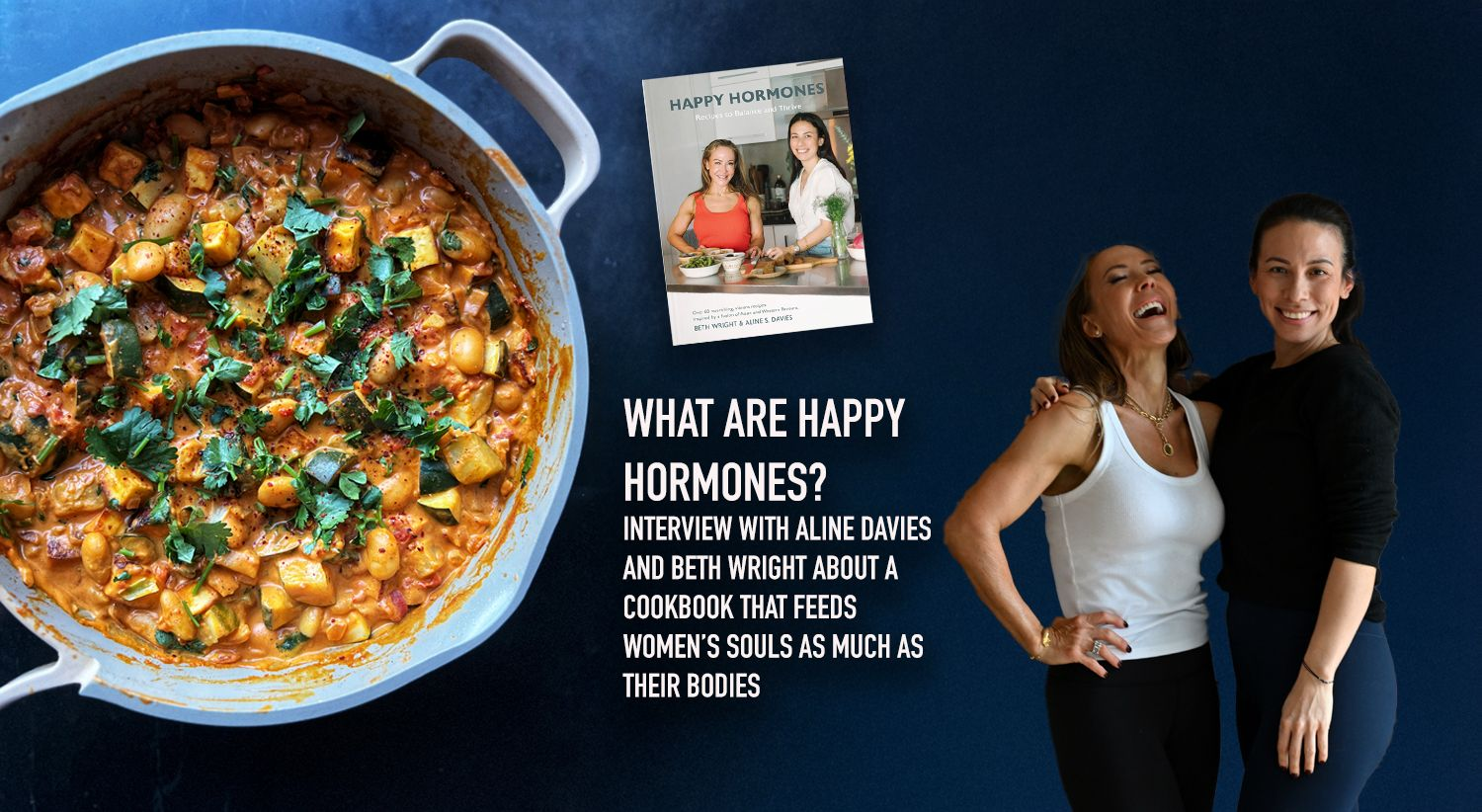When author Emma Pei Yin reached out to us at Bookazine regarding her new book, "When Sleeping Women Wake", we were instantly drawn in by the stunning cover and the compelling description of this historical narrative set in Hong Kong during the Japanese occupation. We instantly knew we needed to speak with Emma and discuss her powerful novel, which beautifully examines themes of resistance, resilience, and the enduring bonds among women, set to be released on June 17th. You can pre-order a copy now. We also have some very exciting news that Emma Pei Yin will be stopping by Bookazine later on in the year (November 5th) for a book signing event. So make sure to save the date.
So, let’s get right to it!
Hello, Emma, thank you for taking the time from your busy schedule to meet with us. First and foremost, congratulations on your new book, "When Sleeping Women Wake." How exciting.
1. What inspired your creative journey in writing "When Sleeping Women Wake"?
There wasn’t one single spark that led me to write When Sleeping Women Wake. It was more like a slow-burning fire, fed by lots of different things over the years. I remember being a kid and wandering through bookstores, searching for characters who looked like me on the covers, and hardly ever finding them. That quiet absence stayed with me. I also wrote constantly in this little Mulan diary my mum gave me—so storytelling was always there, even before I knew what it would become. Later, I started thinking more deeply about the stories my grandfather used to tell me about the Japanese occupation in Hong Kong. Those memories—sometimes fragmented, sometimes full of emotion—made me realise how much history lives in families, especially in the things left unsaid. And, so, back when I turned thirty, I had this moment of clarity: If I don’t start now, then when?
2. What drew you to examine the impact of the Japanese occupation on Hong Kong through the lens of these three women's stories?
Women’s stories—especially those of women of colour and, more specifically, Hong Kong women—have been historically underrepresented, both in literature and in the wider narrative of wartime history. I knew that centering the novel through the eyes of three women wasn’t just a narrative choice; it was a necessity. By telling the story through Mingzhu, Qiang, and Biyu, I wanted to honour the complexity of women’s lives during this brutal period—the impossible choices they faced, the strength they found in each other, and the ways they resisted in both seen and unseen ways. To me, their voices weren’t just important—they were essential. This history couldn’t be told truthfully without them.
3. How do the individual journeys of the mother, daughter, and maid intertwine to reflect broader societal struggles faced by women during wartime?
Through Mingzhu, Qiang, and Biyu, I wanted to explore different expressions of womanhood under pressure. Mingzhu’s fall from privilege shows how war forces women into morally complex positions; Qiang’s journey reflects a young woman’s political and emotional awakening; and Biyu’s transformation from maid to survivor highlights the resilience of those often excluded from the historical record. Though they begin apart, their paths ultimately reveal how war not only fractures lives but also creates unexpected solidarity. The title is a nod to that quiet revolution—what happens when women awaken to their strength.
4. What challenges did you encounter while seeking to portray the experiences of these women during this time?
One of the greatest challenges was writing about violence, survival, and moral ambiguity. I didn’t want to sensationalise their pain, but I also didn’t want to look away from it. Finding that balance between historical truth and narrative sensitivity was a constant tension. And because I was writing across class lines and lived experiences, I had to check my assumptions, ensuring each woman’s story felt specific, grounded, and dignified in its own right.
5. Through the struggles and triumphs of your characters, what profound insights about resilience and female empowerment do you hope to impart to your readers?
At the heart of When Sleeping Women Wake is the idea that resilience isn’t always loud or visible—it can be quiet, stubborn, and deeply personal. Each of the women in this story endures unthinkable hardship, but they endure in their ways. I hope readers come away with a broader, more inclusive understanding of what empowerment looks like. These characters aren’t exceptional because they’re perfect; they’re powerful because they choose to keep going. In that sense, the novel is a love letter to the everyday heroism of women who carry on, resist, and protect each other in even the darkest times.
6. In what ways do you believe readers will resonate with the characters, considering the historical backdrop of your novel?
Even though When Sleeping Women Wake is set during a very specific and turbulent moment in history—the Japanese occupation of Hong Kong—I believe the emotional truths at its core are universal. Readers will recognise the fear of losing control over your life, the ache of separation from loved ones, and the quiet strength it takes to survive injustice. Those are timeless experiences, especially for women navigating systems that try to contain or define them. I think there’s real resonance in watching characters who don’t see themselves as brave step into their strength, because that’s something many of us are still learning to do.
7. What advice would you offer to aspiring writers who are seeking to find their voice?
My biggest piece of advice is this: Trust that your voice is already there. It’s not something you have to go looking for, it’s something you uncover over time. Write what moves you, what unsettles you, what you can’t stop thinking about. That’s usually where your truest voice lives. Most importantly, protect your creative space. Not every voice in the world deserves a seat at your drafting table. Share your work with those who will nurture it, not silence it. You’ll quickly learn who your real friends are.
8. How does your personal and cultural background shape your writing and the narratives you choose to explore?
My cultural background is at the very core of why I write and what I choose to write about. Being British-born, of Hong Kong-Chinese heritage, and now living in Australia, I’ve always existed between cultures and across geographies. That sense of in-betweenness has shaped how I see the world, especially when it comes to whose stories get told and whose are left out. My Hakka ancestry and my family’s history—particularly the silences around the war years—deeply influence the themes I gravitate toward: displacement, resilience, and the quiet strength of women. I grew up surrounded by unspoken histories, and I think writing became my way of listening between the lines, of asking questions no one had answers to. I feel a responsibility, both personal and creative, to bring those narratives into the light. So, whether I’m writing fiction or essays, I’m always returning to that same core question: What have we forgotten, and who do we become when we remember?
9. Even if you are currently away from Hong Kong, how does your connection to the city influence your storytelling, and what aspects do you find yourself longing for?
I may live far from Hong Kong now, but I’ve never truly left. Pieces of me remain scattered across its islands like echoes that never quite fade. There’s an eight-year-old version of me still sitting in the courtyard of my grandparents’ home, talking to them like time wasn’t something that could run out. At fifteen, I’m across the table from someone at Pizza Hut, noticing the cheese on his chin and wondering, for the first time, what it means to want something more. At eighteen, I’m walking through Central after teaching English, dreaming of Australia, not knowing how much I’d miss the city I was trying to leave. Hong Kong isn’t just a backdrop in my stories—it breathes, it remembers, it hurts with me. And somehow, distance sharpens the ache. I write toward what I miss: the smoky sweetness of roasted chestnuts in the chill of winter, the overlapping chatter on the MTR, the sharp click clack of mahjong tiles coming from a neighbour’s flat. Homesickness has no cure. It swells quietly, like tidewater rising in the dark. That ache finds its way into everything I write. To write about Hong Kong is to grieve for it, to praise it, and to keep imagining it—alive and brilliant in the only way I still can. I carry it all: the ghosts, the joy, the leaving. And in that way, Hong Kong has never really left me either.
10. What can readers expect from you next? Are there any upcoming projects or books that you’re currently working on?
I’m currently working on my next historical fiction novel, which, like When Sleeping Women Wake, is set during World War II. While I can’t share too much just yet, I will say it centres on a little-known but deeply emotional episode of wartime displacement—one involving families torn apart by political decisions made behind closed doors.
You can pre-order the book here, to be released on June 17th.
And as mentioned earlier, we have some very exciting news. SAVE THE DATE. You can sign up to meet Emma Pei Yin on November 5th in Hong Kong at Bookazine Social from 6.30 pm to 7.30 pm. Secure your spot now. Sign up here.


